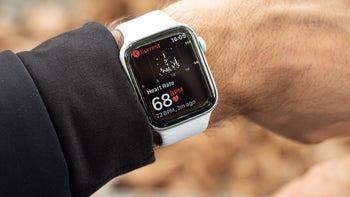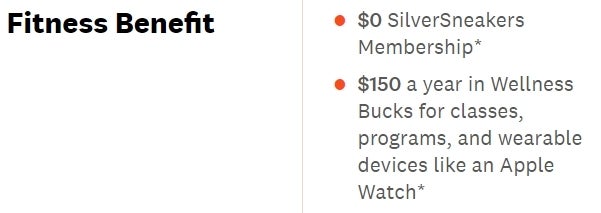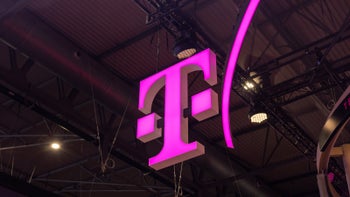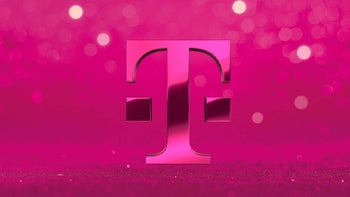Apple Watch is now socialized medicine, cue the sleep tracking feature leak

Not only is the Apple Watch the most popular wearable out there but it also enjoys the rare advantage of being cleared by the US Food and Drug Administration for two health-related features.
It is acknowledged for its advanced method of monitoring the heart rate, resulting in an electrocardiogram (EKG) of sorts, and the other is the Watch’s ability to detect and eventually notify the user of a potentially dangerous irregular heart rhythm.
This is not a heart attack warning in a person with already existing atrial defibrillation, for instance, as the "cleared" status only means that the Apple Watch can be used as a supplemental diagnostics device, "not intended to replace traditional methods of diagnosis or treatment." It also can't be used by under 22 year-olds even for its FDA-cleared functions but the Watch is still the first direct-to-consumer EKG wearable ever to pass regulatory scrutiny.
The new Galaxy Watch 2, for instance, has yet to earn such a status, that is why its ECG function is mentioned nowhere in the press release, despite a record number of sensors attached to it for the purpose. Apple, however, employed significant resources to reach the FDA clearance, and has been working in conjunction with the Mayo Clinic, AI and machine-learning experts since 2016 to achieve the irregular rhythm detection precision its Watch enjoys now.
Apple Watch is now subsidized by a Medicare Advantage plan
We kid about the socialized healthcare, but all of this labor is now bearing fruit as the Apple Watch has become the first such wearable to be eligible for Medicare subsidies. That's right, America's most popular health insurance program will be reimbursing $150 off the price of Apple's wearable via the private Medicare Advantage plan Devoted Health.

The startup is marketing the benefit to seniors, and the Devoted Health spokesman Kenneth Baer chimed in on this one-of-a-kind benefit:
We are thrilled to be the first Medicare Advantage plan to collaborate with Apple, and give our members the chance to use their Devoted Health Wellness bucks towards purchasing an Apple Watch. Using innovative technologies to improve the quality of care is core to our mission.
Needless to say, this may seem like an insignificant event, but is in fact a huge breakthrough into the $18 billion healthcare market in the US for Apple. It has been talking with insurers behind the scenes to acknowledge and subsidize the Watch as a personal health device for a while now, and the results are starting to get visible.
Apple Watch as a sleep tracker
The company won't be resting on its laurels, too, as a rare glimpse into Apple's future plans for its Watch came by none other than the official Alarms app for the wearable. The app's screenshot in the App Store included a reference to a new Sleep app, as you can see below, until yesterday when Apple replaced the screenshot with a new one, cleared of the reference.
Did I just find a mention of the unannounced Sleep app for the Apple Watch? https://t.co/J41JlCIyPIpic.twitter.com/4gor3I8AuL
— Daniel Marcinkowski (@dmarcinkowski_) 7 октомври 2019 г.
We've been hearing that Apple is prepping to turn the Watch into a sleep tracker, on top of all other things, and this is a tangential proof that it might be putting the same rigorous research and statistical approach it did when it developed the ECG function.
There are plenty of sleep trackers out there, but if one is rolled into the Apple Watch, it could soon become the most widely used pattern device out there given the ubiquitous nature of Apple's wearable. Moreover, it will help Apple catapult the Watch as an indispensable health and fitness accessory, raising its profile even further. If we could only get more than a day or two of battery out of the Watch, too, that would be swell, Apple.










Things that are NOT allowed: